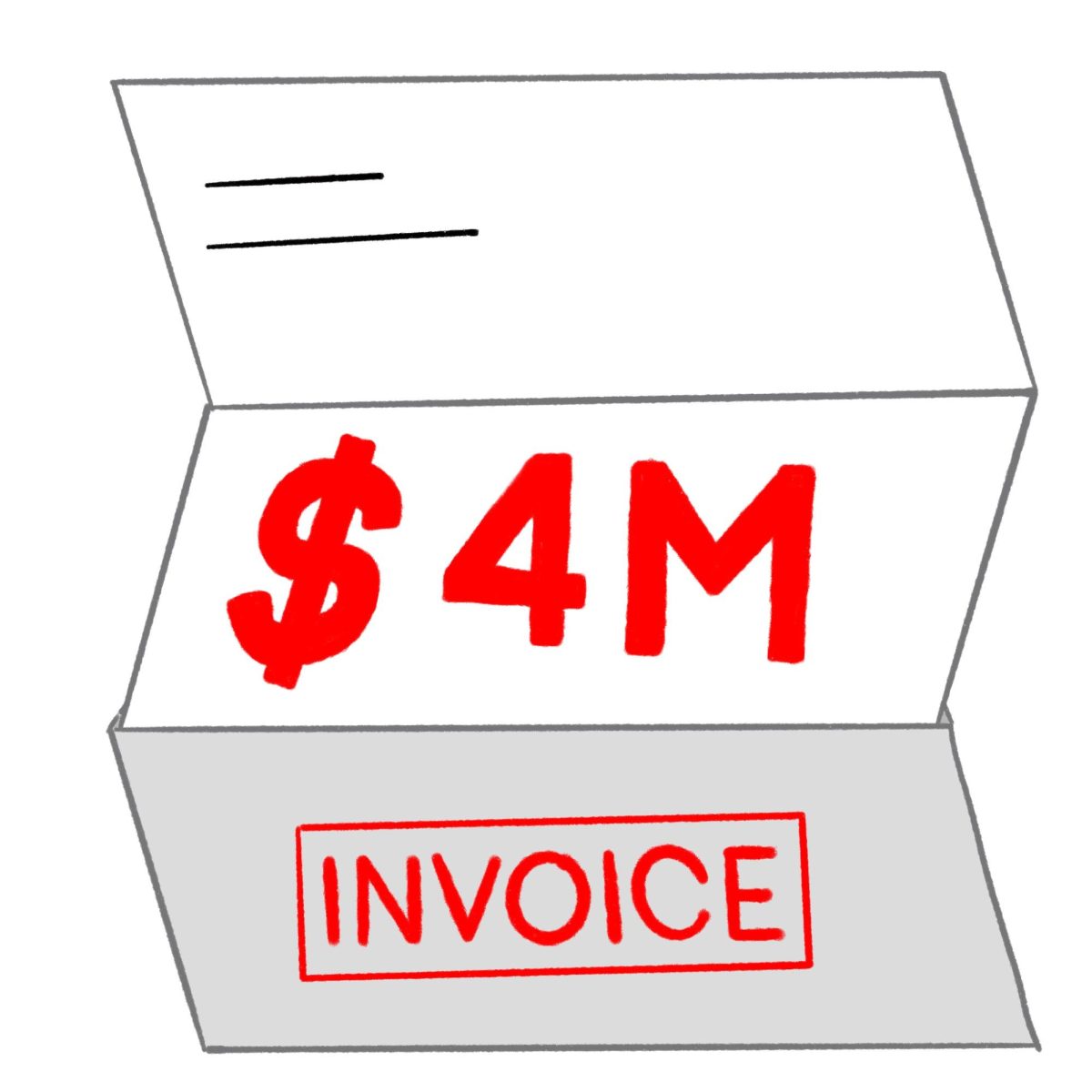Generally, prescription medication is pricey, even when it’s being assessed for those with debilitating diseases. The pharmaceutical companies that own the manufacturing patents for prescriptions are free to raise their prices without restraint. But are these sudden price increases ethical?
Daraprim, an antibiotic to treat parasitic infections that afflict people with weakened immune systems has skyrocketed in price from $13.50 to $750 this past September.
Recently bought by a pharmaceutical company, Daraprim, which has been manufactured since 1953, had no changes to its chemical composition, marketing or distribution.
Because of the attention gained from an article in The New York Times, the question of whether these companies can ethically monopolize medication for profit has come to light once again.
These companies often claim that the drugs in question are “orphan drugs,” meaning only a small number of people require their treatments. When does an affected population become large enough for a pharmaceutical company to reconsider its prices?
Diseases without notoriety and social advocacy (such as cancer) are overlooked in terms of their necessity for a cure. However minuscule the demographic, treatment is needed. Are they not entitled to such?
Other companies claim these price increases direct for more funding to researching to create better pharmaceutical products. However, a price increase to existing medication serving as an impromptu funding procedure is preposterous. The burden of cost should not be cast to the sick, regardless of high costs in research. Why must it be thrown to those who seek the very medication they cannot afford?
Drugs with patents that have granted pharmaceutical companies their manufacturing rights for 20 years are often inflated in price near the time of their expiration. Under control of patents, these companies are free to raise prices of drugs while giving no viable reason for doing so. Nothing has influenced a drug price change other than a “last-ditch” effort for profit- how is this fair to consumers?
Prescriptions that treat impotence, narcolepsy and arthritis pains such as Viagra, Xyrem and Vimovo respectively all have increased exponentially in price. According to Bloomberg Business, these drugs often see their manufacturers increase prices more than 800 percent.
The extent of what drugs these companies price-gouge doesn’t appear to have a threshold, meaning that even the most mundane prescriptions could undergo a price increase.
It is now apparent that pharmaceutical companies, or “Big Pharma,” value the vested interests of their companies over the accessibility of their products.
For these companies to remain in business for the sake of health and not for profit requires advocacy against its current economic practices. The seemingly autonomous nature of these companies contradicts their duties for distributing medicine, and must be criticized as such.

















